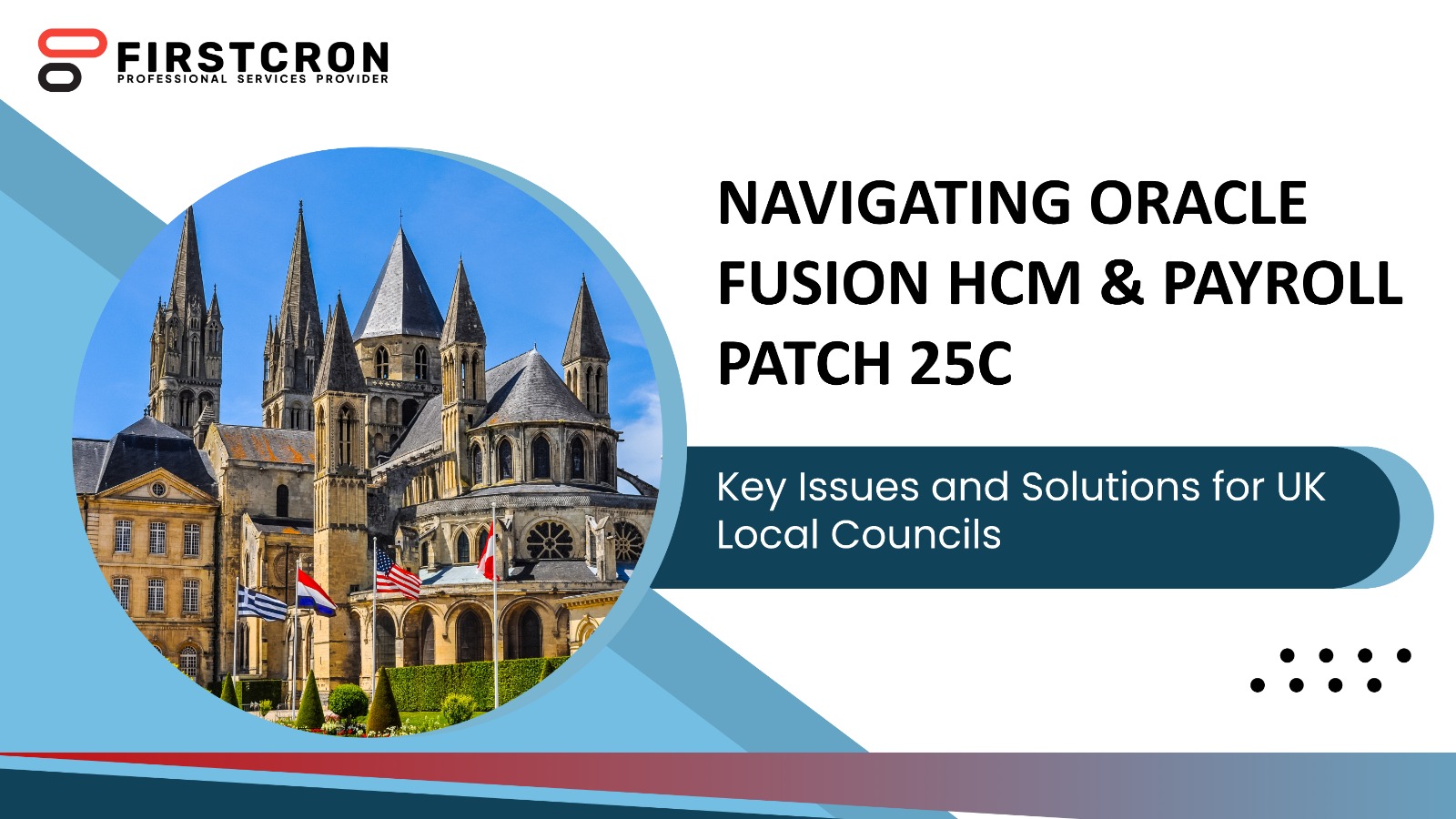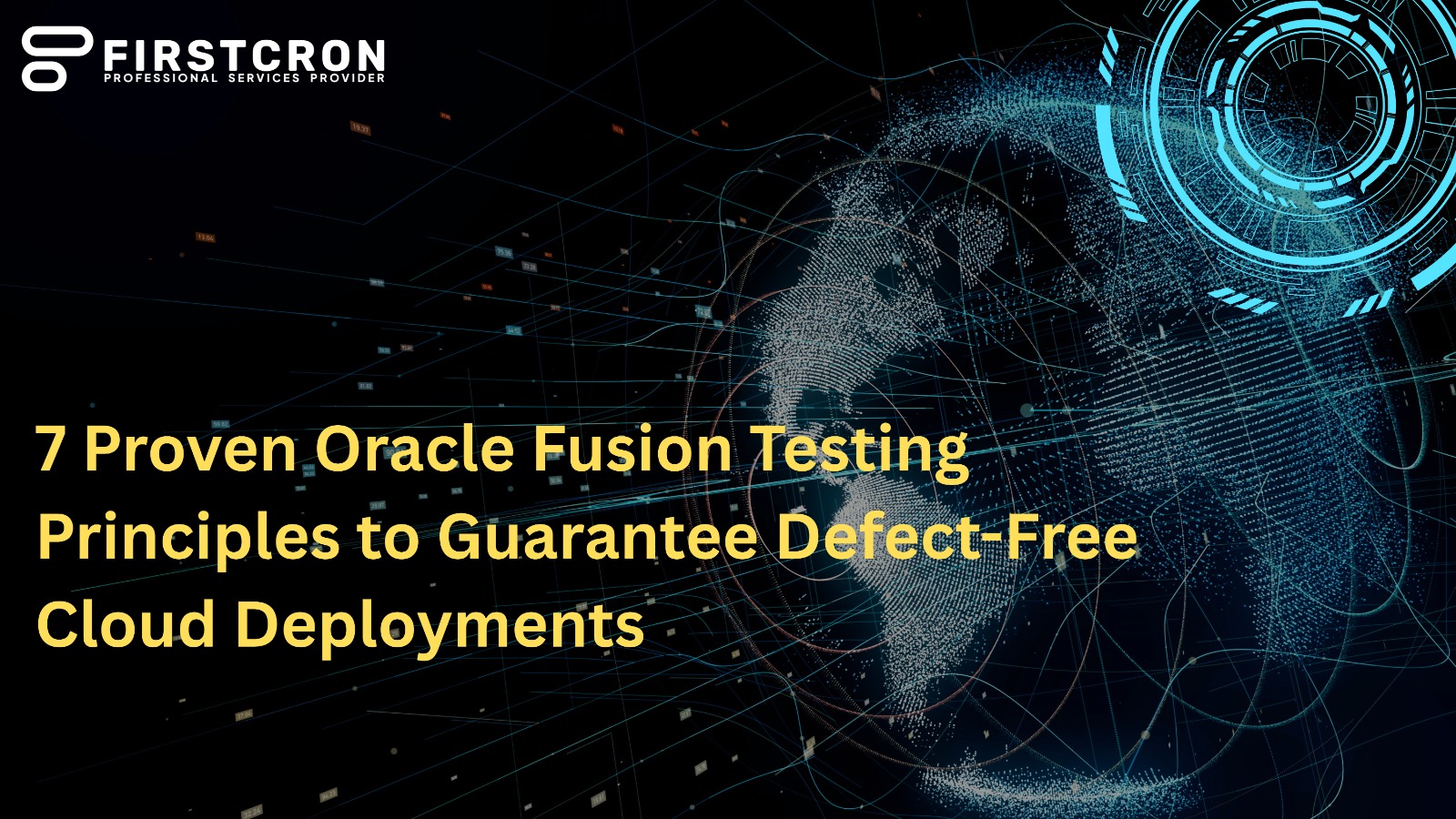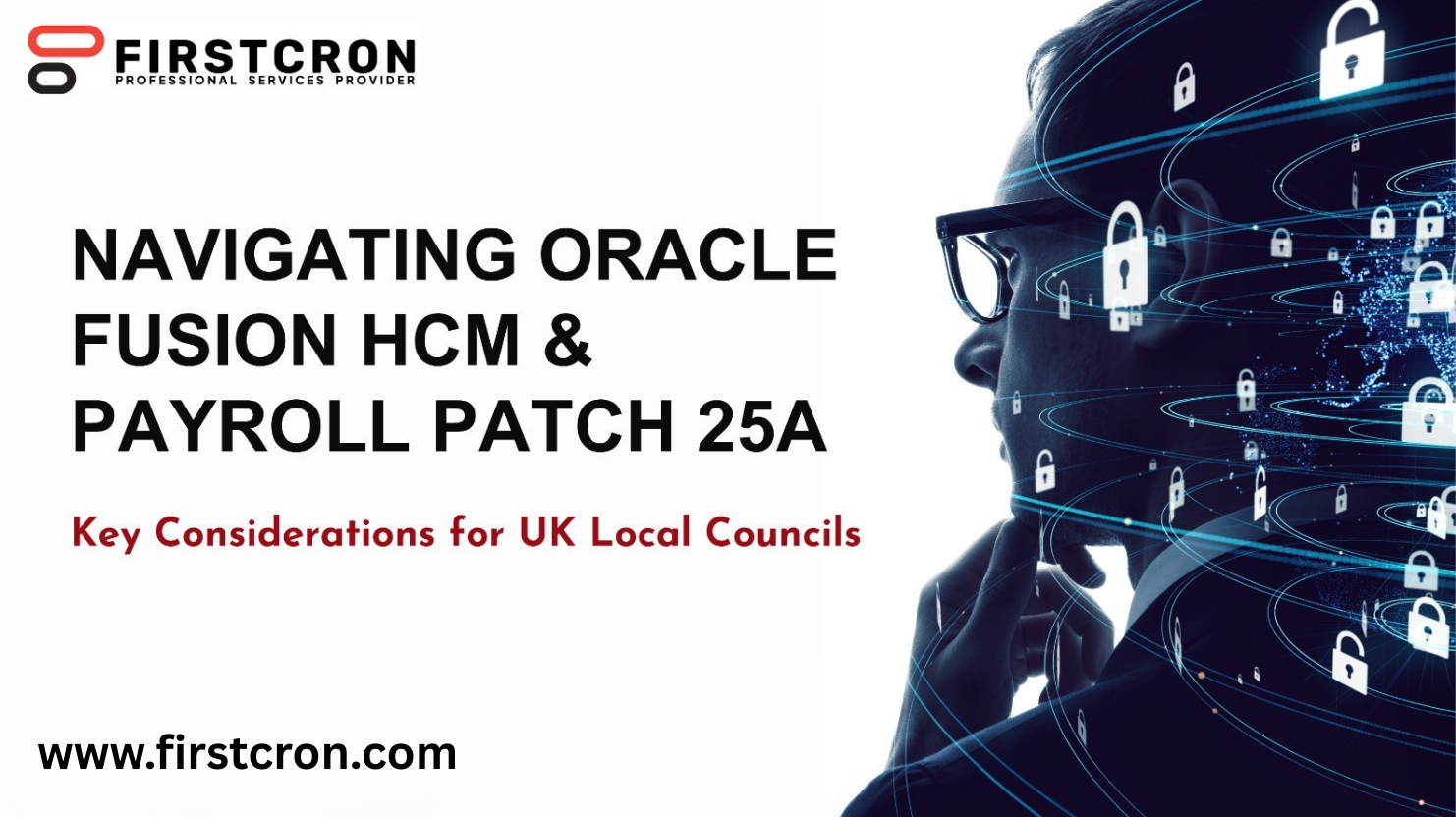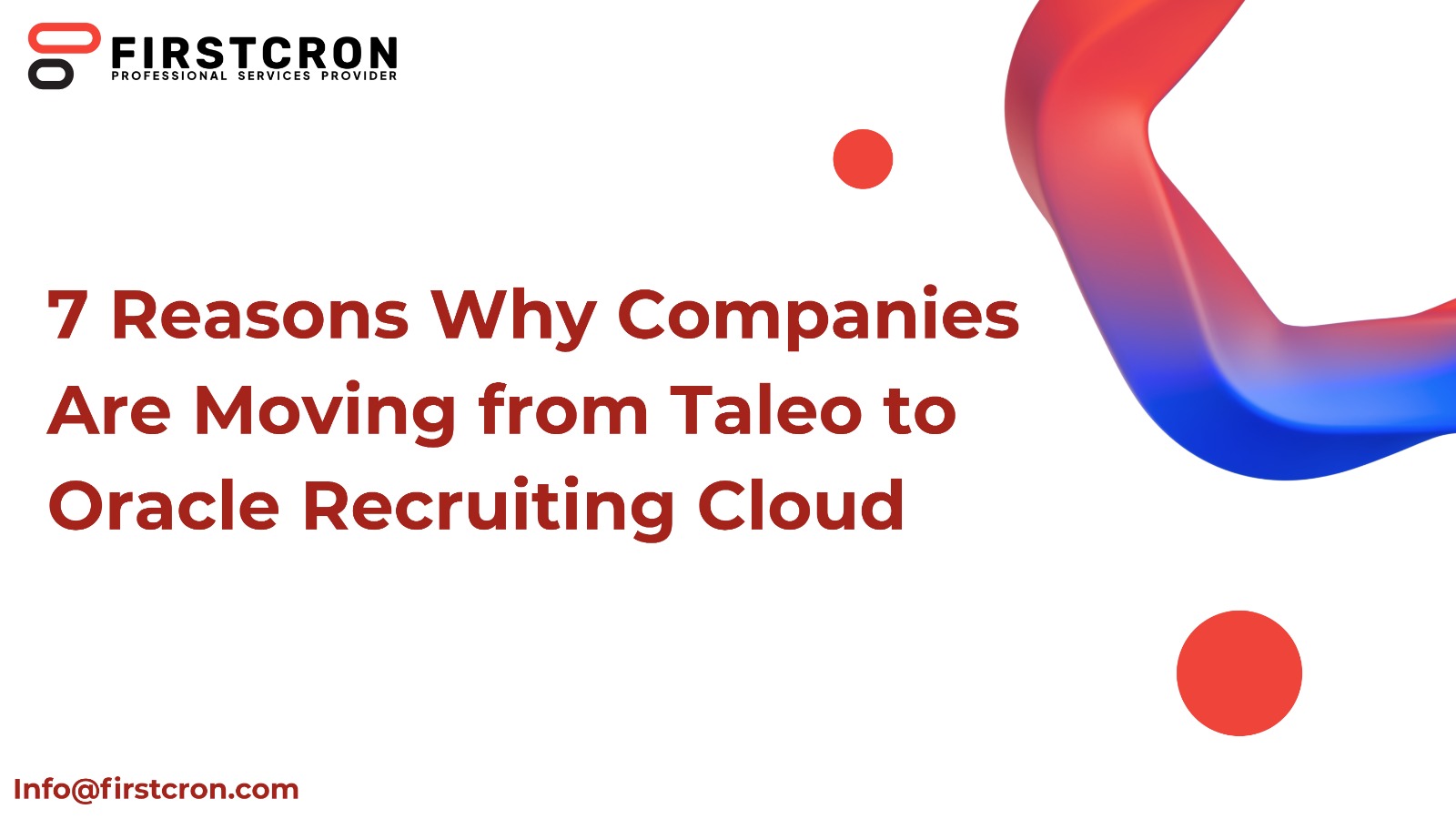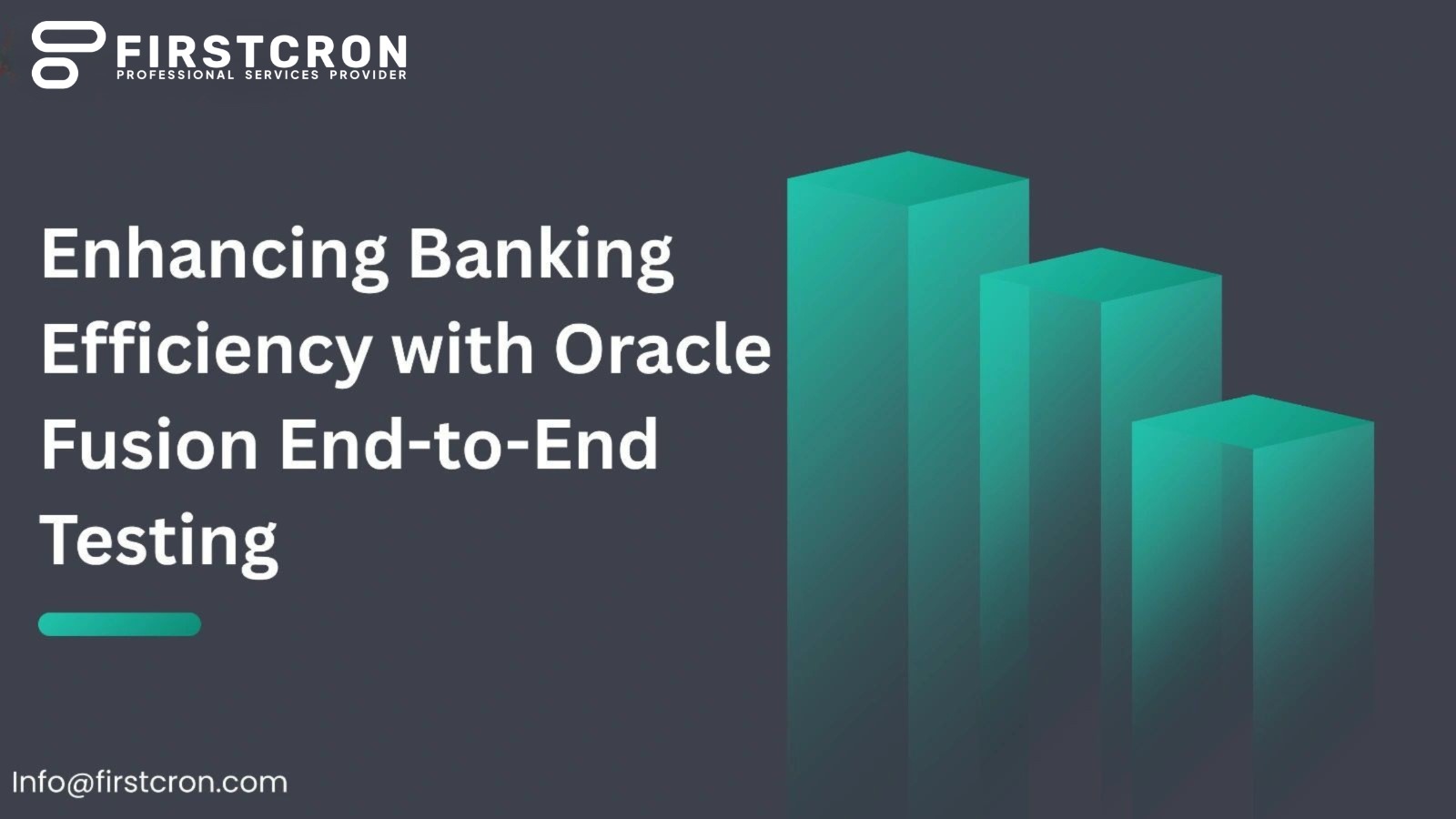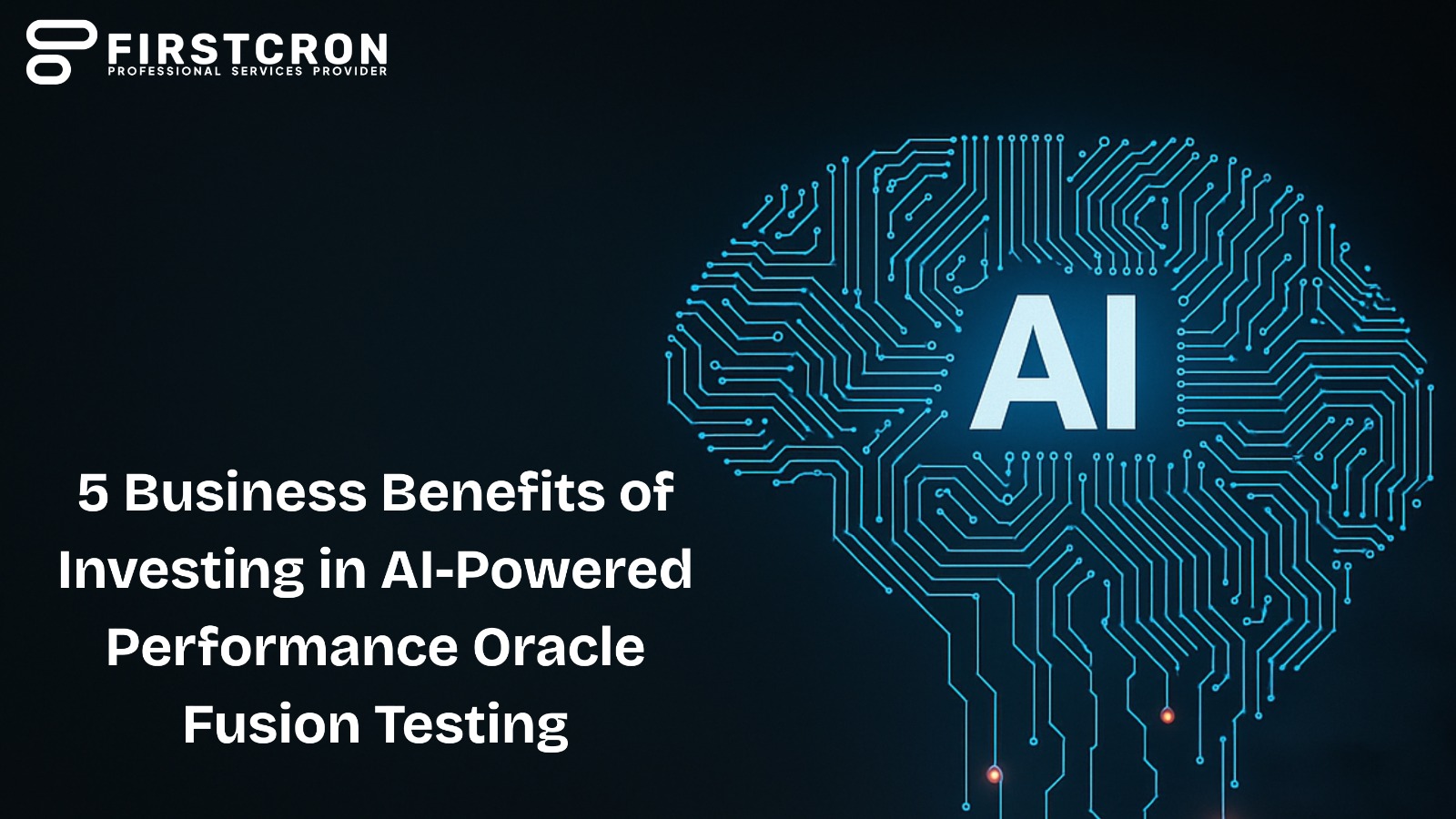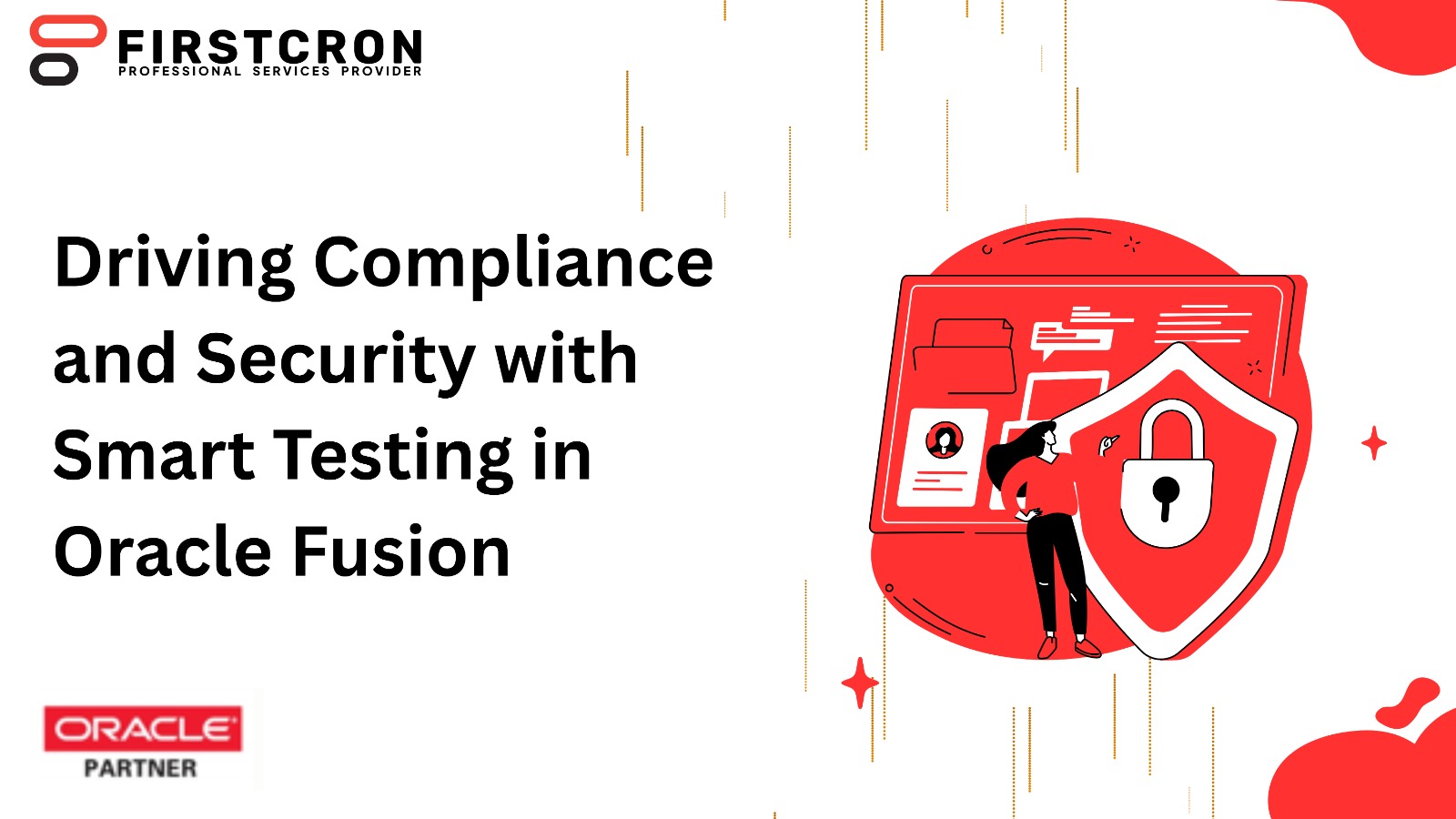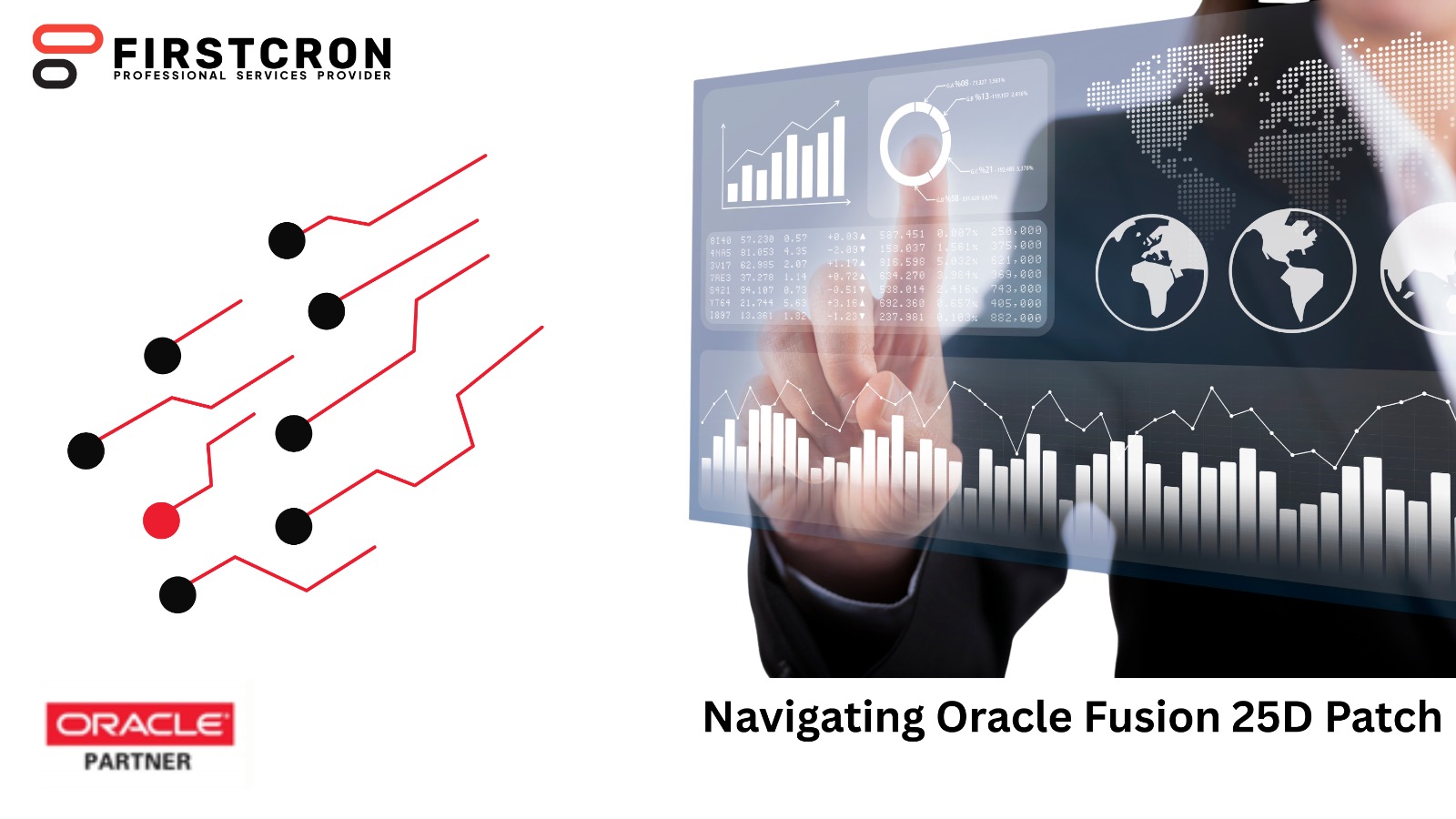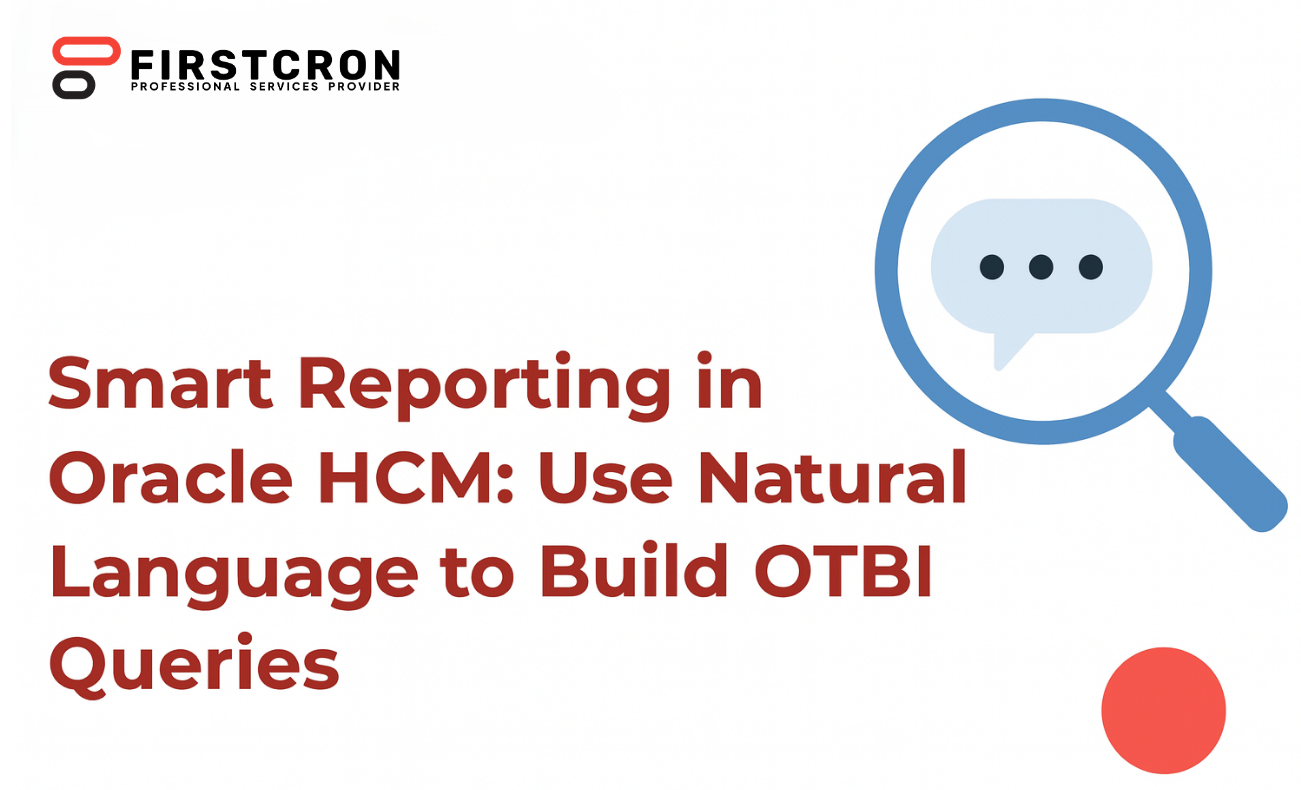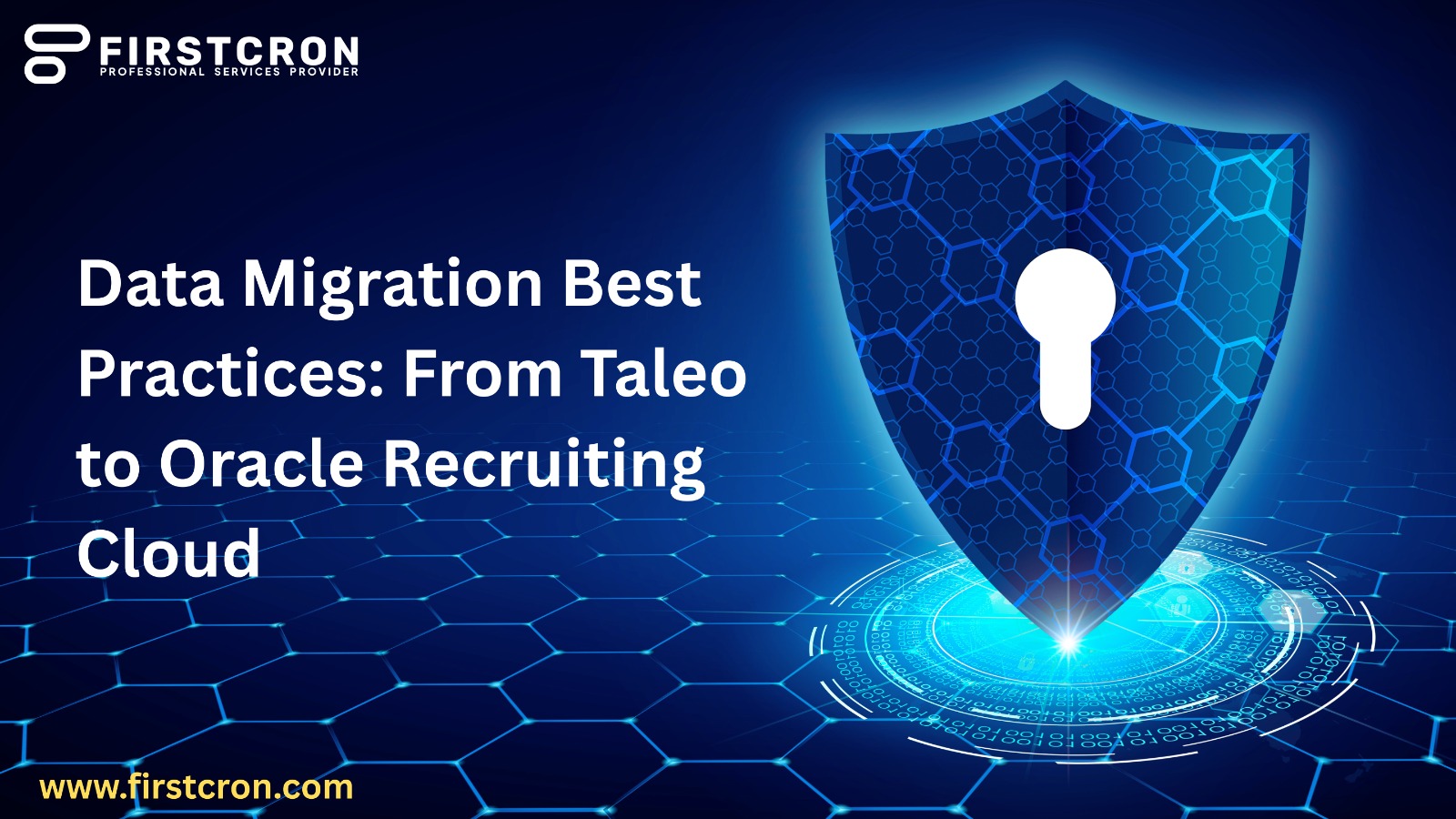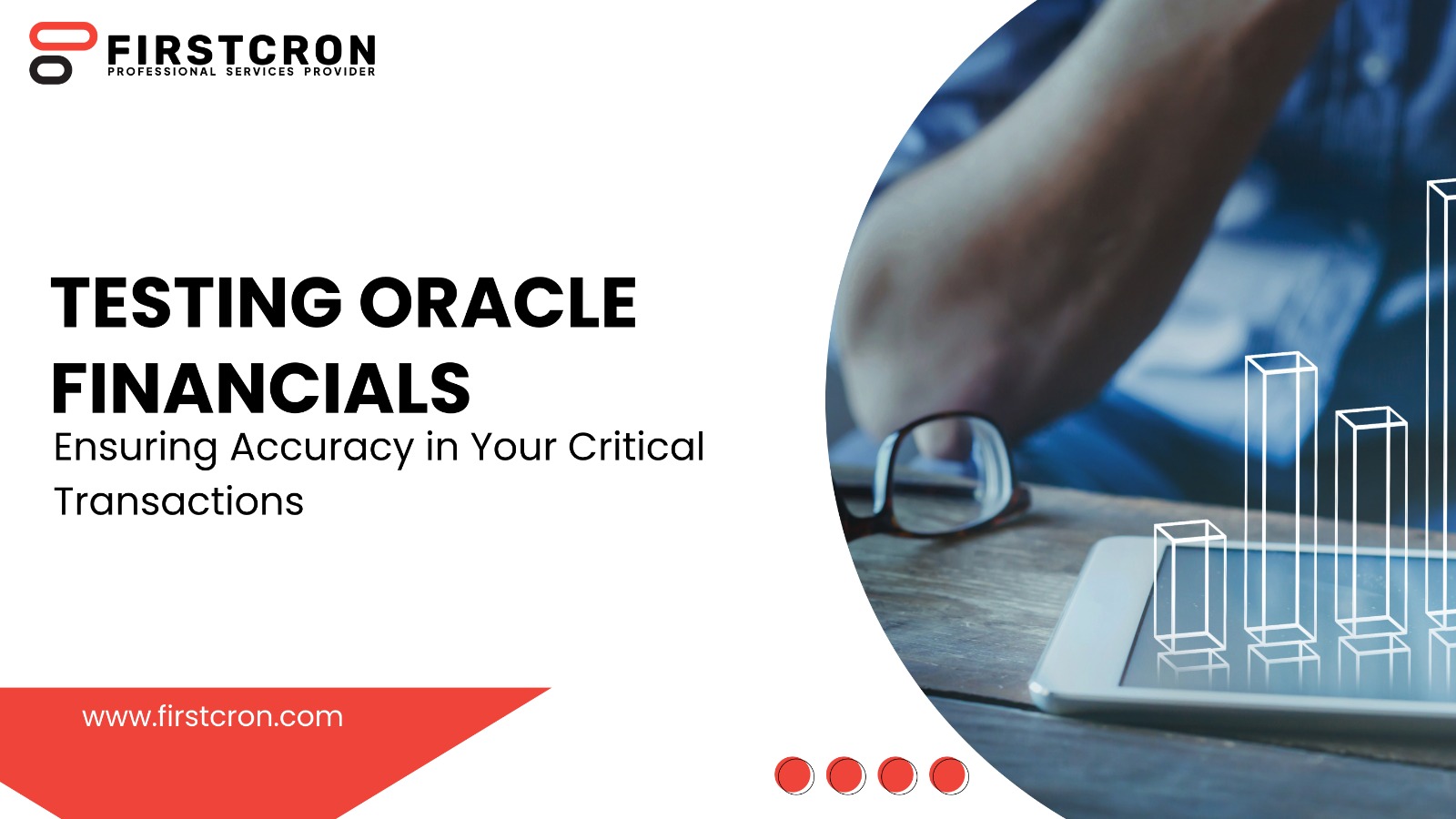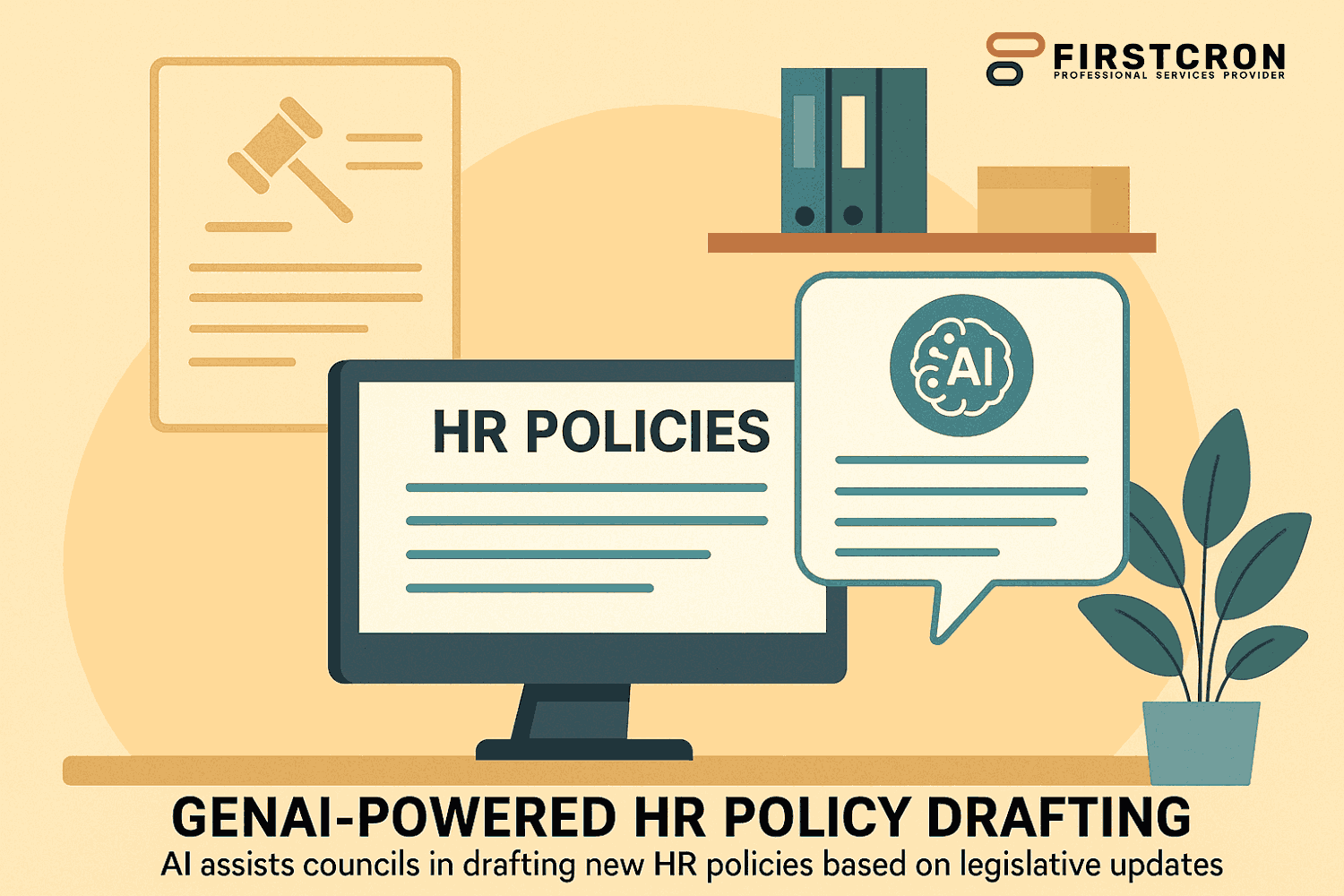
Human Resources policies serve as the backbone of workforce governance, outlining how organizations manage everything from employee rights to workplace conduct. For councils and public institutions, the importance of well-drafted HR policies cannot be overstated. These documents not only establish fairness and consistency but also ensure compliance with ever-changing legislative frameworks. Drafting HR policies, however, has always been a challenging endeavor. It requires translating complex laws into clear and practical guidelines, aligning them with organizational goals, and communicating them effectively to employees. Traditionally, this process has been manual, slow, and prone to ambiguity.The rise of Generative AI (GenAI) is now changing this dynamic. By analyzing legislative updates and organizational context, GenAI can assist councils in drafting HR policies that are both legally compliant and practically applicable. Instead of policy drafters struggling with lengthy legal texts, AI can provide structured drafts in plain language, highlight areas that need customization, and even generate alternative scenarios for council leaders to consider. This technology promises not only efficiency but also a new standard of clarity and adaptability in HR governance.
In this blog we’ll cover
- Why Councils Struggle With Policy Drafting
- The Role Of Generative AI In Policy Development
- Turning Complexity Into Clarity
- Speeding Up Policy Drafting Cycles
- Enhancing Consistency Across Policies
- Human Oversight And AI Collaboration
- Benefits Of GenAI-Powered Policy Drafting
- Empowering Councils Through Predictive Capabilities
- Democratizing Policy Access
- Reducing Legal Risks And Building Trust
- Challenges And Ethical Considerations
- Training HR Professionals For The AI Era
- The Future Of AI In HR Governance
- Conclusion: A New Era Of HR Policy Management
Why Councils Struggle With Policy Drafting
Policy drafting is particularly challenging in the public sector. Councils must ensure that their policies comply with multiple layers of regulation—local, regional, and national—while also reflecting the unique needs of their workforce and communities. Legislative updates often arrive with dense legal language, requiring HR teams to spend weeks interpreting and adapting them into actionable policies. Beyond compliance, councils must also anticipate the cultural and operational impact of these policies. Misinterpretation or delays in implementation can expose councils to risks ranging from legal disputes to reputational damage.
The Role Of Generative AI In Policy Development
Generative AI brings a new level of capability to HR policy drafting. At its core, GenAI can ingest legislative texts, interpret their meaning, and generate draft policies aligned with the requirements. More importantly, it can produce these drafts in clear and accessible language tailored to different audiences—managers, employees, or external auditors. AI can also identify potential conflicts between existing policies and new legislation, flagging areas that need revision. For councils, this reduces both the workload and the uncertainty of policy updates.
Turning Complexity Into Clarity
One of the most valuable contributions of GenAI is its ability to convert legal jargon into plain English. HR professionals often spend considerable time rewording statutes into language that employees can understand. With GenAI, this translation is automated. For instance, a legislative update on workplace equality might be drafted by AI into an HR policy section that states: “All recruitment and promotion decisions must be based solely on merit, ensuring equal opportunities for every candidate regardless of gender, ethnicity, disability, or background.” Such clarity eliminates ambiguity and ensures employees know exactly what is expected.
Speeding Up Policy Drafting Cycles
Traditionally, councils can take weeks or even months to draft and implement updated HR policies after new legislation is enacted. During this lag, organizations may unknowingly remain non-compliant, risking penalties. GenAI dramatically reduces this timeline. By processing legislative updates in real time and producing draft policies instantly, councils can move from awareness to compliance in days. This acceleration not only ensures legal adherence but also signals to employees and stakeholders that the council is proactive and responsive.
Enhancing Consistency Across Policies
Councils often maintain hundreds of HR policies covering various aspects of employment. Ensuring consistency across these policies is a daunting task, particularly when legislative changes affect multiple areas simultaneously. GenAI can scan existing documents, identify conflicting clauses, and recommend harmonized language. This consistency reduces confusion, strengthens compliance, and creates a more coherent experience for employees navigating HR policies.
Human Oversight And AI Collaboration
While GenAI offers speed and clarity, councils must balance automation with human judgment. Policies are not merely legal documents; they also reflect organizational values, culture, and strategy. HR leaders must therefore review AI-generated drafts to ensure they align with the council’s mission and tone. GenAI should be seen as a collaborator that accelerates the technical aspects of drafting, leaving professionals to refine the content for cultural and contextual fit. This hybrid approach ensures both compliance and authenticity.
Benefits Of GenAI-Powered Policy Drafting
The advantages of leveraging GenAI for HR policy drafting extend far beyond efficiency. Councils can expect improvements in several dimensions:
- Compliance accuracy: Reduced risk of errors when interpreting legislation.
- Faster implementation: Immediate drafts mean policies are updated in near real time.
- Plain-language clarity: Employees and managers receive policies they can easily understand.
- Policy consistency: AI ensures new and existing policies align seamlessly.
- Resource optimization: HR teams can focus on strategic issues rather than repetitive drafting.
- Audit readiness: Clear, documented policy updates simplify compliance reviews.
This combination of benefits makes GenAI not just a tool for convenience but a strategic enabler for councils aiming to modernize governance
Empowering Councils Through Predictive Capabilities
Beyond drafting policies in response to updates, GenAI has the potential to anticipate policy needs. By analyzing trends in legislation, case law, and workforce dynamics, AI can alert councils to areas where policies may need future revision. For example, if global trends suggest increasing regulation around remote work, GenAI could highlight gaps in current council policies and suggest proactive updates. This predictive function allows councils to stay ahead of the curve rather than merely reacting to changes.
Democratizing Policy Access
Policies are only effective if employees know about them and understand them. Councils often struggle with policy communication, relying on dense documents buried in intranet portals. GenAI can transform this experience by generating summaries, FAQs, and even conversational interfaces where employees can ask questions in natural language. For instance, an employee might ask, “Am I entitled to flexible work arrangements?” and receive a clear AI-generated answer aligned with council policy. This democratization of policy access empowers employees and reduces the administrative burden on HR staff.
Reducing Legal Risks And Building Trust
When HR policies are unclear or outdated, councils face increased exposure to legal challenges. Employees who feel policies are inconsistently applied may escalate grievances, while regulators may penalize non-compliance. GenAI minimizes these risks by ensuring that policies are aligned with current legislation and consistently applied across the workforce. Moreover, employees gain confidence in knowing that their rights and responsibilities are clearly articulated. This trust enhances organizational culture and strengthens the council’s reputation as a fair and compliant employer.
Challenges And Ethical Considerations
Despite its promise, adopting GenAI for policy drafting requires careful consideration. Data security is paramount since AI systems may process sensitive employee and legislative information. Councils must ensure strict governance over how data is used and stored. Ethical considerations also come into play, as policies must avoid bias or unintended exclusion. AI systems should be trained on diverse and representative datasets to prevent skewed outputs. Finally, transparency is essential—councils must communicate that while AI supports policy drafting, human oversight remains central.
Training HR Professionals For The AI Era
The success of GenAI in policy drafting depends not only on technology but also on people. HR professionals must be trained to collaborate effectively with AI tools. This involves developing skills in interpreting AI outputs, validating compliance, and fine-tuning drafts to reflect organizational culture. Far from replacing HR teams, GenAI elevates their role, enabling them to focus on strategy, employee engagement, and organizational development while leaving the heavy lifting of drafting to AI.
The Future Of AI In HR Governance
Looking ahead, the potential of GenAI in HR policy drafting is vast. Councils may integrate AI into continuous compliance systems, where policies are automatically updated in real time as legislation evolves. AI could also provide simulation tools, allowing councils to test how different policy choices would affect workforce dynamics. Over time, AI may become a trusted partner not just in policy drafting but in broader HR strategy, helping councils anticipate shifts in labor laws, workforce demographics, and societal expectations.
Conclusion: A New Era Of HR Policy Management
GenAI-powered HR policy drafting represents a profound leap forward for councils. By transforming legislative updates into clear, consistent, and actionable policies, AI reduces complexity, accelerates compliance, and empowers employees. More than a tool for efficiency, GenAI is a catalyst for building trust, enhancing transparency, and strengthening governance. As councils embrace this technology, they position themselves not only to comply with laws but also to lead with clarity and fairness in managing their workforce. The result is a future where HR policy is no longer a slow, reactive process but a dynamic, strategic asset powered by the intelligence of both humans and AI. For more details please visit firstcron.com.
Tags
Related Post
Navigating Oracle Fusion HCM & Payroll Patch 25C: Key Issues And Solutions For UK Local Councils
July 26th, 2025 10 min read
7 Proven Oracle Fusion Testing Principles To Guarantee Defect-Free Cloud Deployments
May 16th, 2025 15 min read
Navigating Oracle Fusion HCM & Payroll Patch 25A: Key Considerations For UK Local Councils
July 27th, 2025 10 min read
7 Reasons Why Companies Are Moving From Taleo To Oracle Recruiting Cloud
June 2nd, 2025 14 min read
How End-to-End Testing Of Oracle Fusion Enhances Operational Efficiency In Banking
May 23rd, 2025 11 min read
5 Business Benefits Of Investing In AI-Powered Performance Oracle Fusion Testing
May 5th, 2025 11 min read
WEEKEND READS
Navigating Oracle Fusion HCM & Payroll Patch 25C: Key Issues And Solutions For UK Local Councils
July 26th, 2025 10 min read
7 Proven Oracle Fusion Testing Principles To Guarantee Defect-Free Cloud Deployments
May 16th, 2025 15 min read
Navigating Oracle Fusion HCM & Payroll Patch 25A: Key Considerations For UK Local Councils
July 27th, 2025 10 min read
7 Reasons Why Companies Are Moving From Taleo To Oracle Recruiting Cloud
June 2nd, 2025 14 min read
How End-to-End Testing Of Oracle Fusion Enhances Operational Efficiency In Banking
May 23rd, 2025 11 min read
Driving Compliance And Security With Smart Testing In Oracle Fusion
June 5th, 2025 9 min read
Smart Reporting In Oracle HCM: Use Natural Language To Build OTBI Queries
August 17th, 2025 20 min read
Data Migration Best Practices: From Taleo To Oracle Recruiting Cloud
May 28th, 2025 13 min read
Testing Oracle Financials: Ensuring Accuracy In Your Critical Transactions
June 19th, 2025 8 min read






